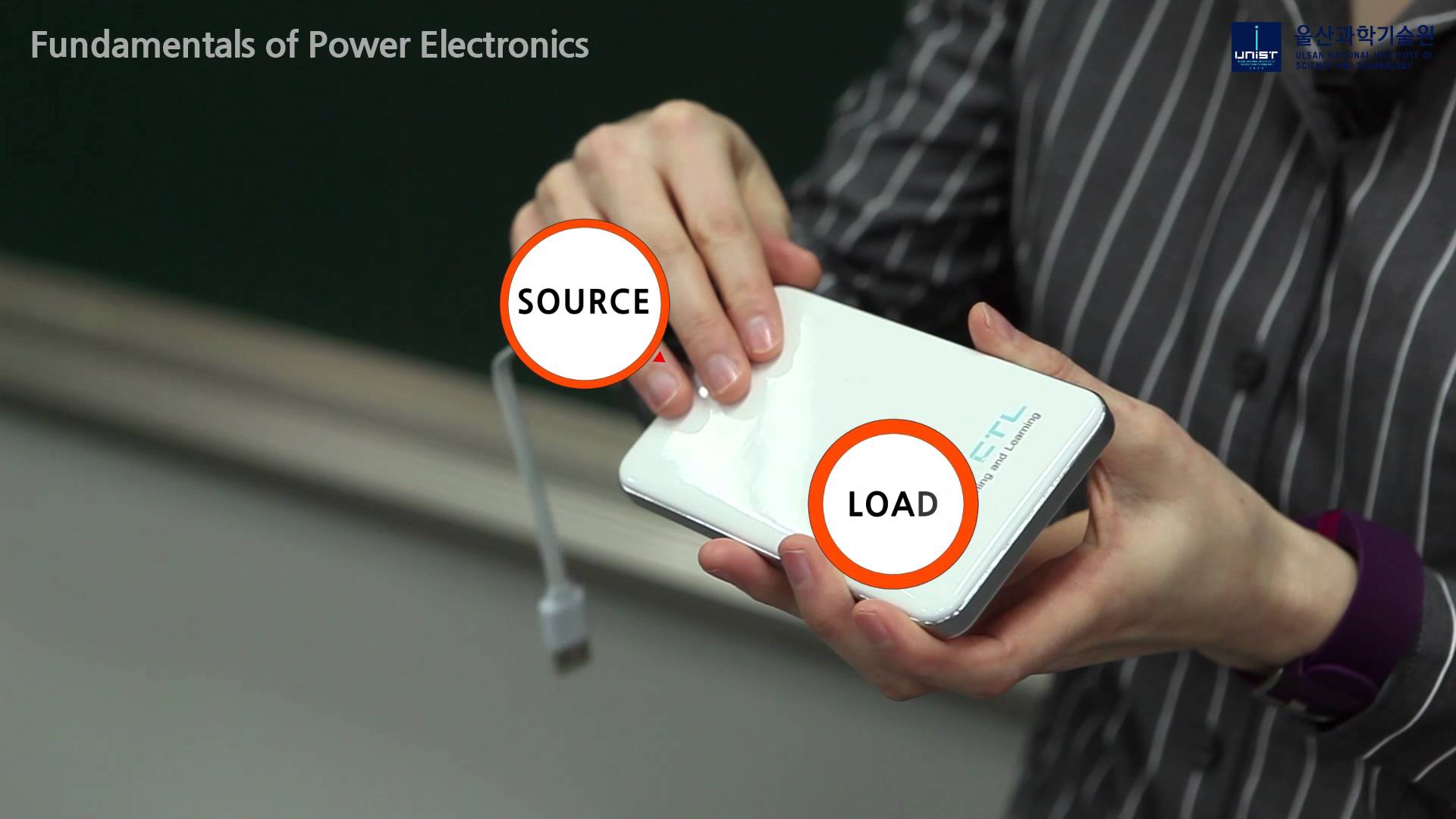Electric buses: technology winners and losers
A trillion dollar opportunity to 2035, electric buses are being completely reinvented because they are the electric vehicle sector already attracting billion dollar orders and they can prevent millions of deaths and injuries from air pollution. Cost of ownership matters: that can be dominated by vehicle life and reliability. New technology helps with all these things, initially at a higher up-front price but that is usually bearable.
IDTechEx Research's report, Electric Buses 2015-2025 finds winners emerging in new bus technology. Pure electric powertrains based on lithium-ion batteries win. Tick more-rugged electric motors now used two per bus, for efficiency, in-wheel, 4 wheel drive etc. See IDTechEx Research report, Electric Motors for Electric Vehicles 2015-2025. Silicon carbide-based power electronics wins: more efficient, running hotter, less water cooling needed, saving weight, space, cost. See IDTechEx Research report, Power Electronics for Electric Vehicles 2015-2025.
Dr Peter Harrop of IDTechEx finds that, "Fast charging wins. Wireless charging removes hassle and personnel issues such as holding a heavy, wet power terminal. It will even evolve into semi-dynamic charging where the bus battery is smaller because it is topped up at traffic lights and bus stops using solar roads etc. Wireless charging will be really popular when turnaround time for full charge matches contacted versions. Gallium nitride power components, energy harvesting shock absorbers, sometimes as energy independent active suspension, conformal solar are promising. Structural electronics such as solid-state supercapacitors, batteries and circuitry replacing bodywork may eventually win. See IDTechEx reports, High Power Energy Harvesting 2016-2026, Structural Electronics 2015-2025 and the brand new report Wireless Charging 2016-2026: Phones & Small Electronics, Electric Cars & Other Vehicles.
"Unlikely to be adopted in the majority of buses are fuel cells or battery swapping because of total cost of ownership and operational issues. For the next decade, fuel cells and their hydrogen will continue to cost too much even when the hydrogen comes from fossil fuels i.e. not green sources and purchasers and legislators now care a lot about green sources. Gas turbines in buses will not be efficient or economical enough for mainstream. Gantry charging will not become main stream: not permitted in many locations, ugly, often expensive to install and maintain. Most can be profitable large niches."



































